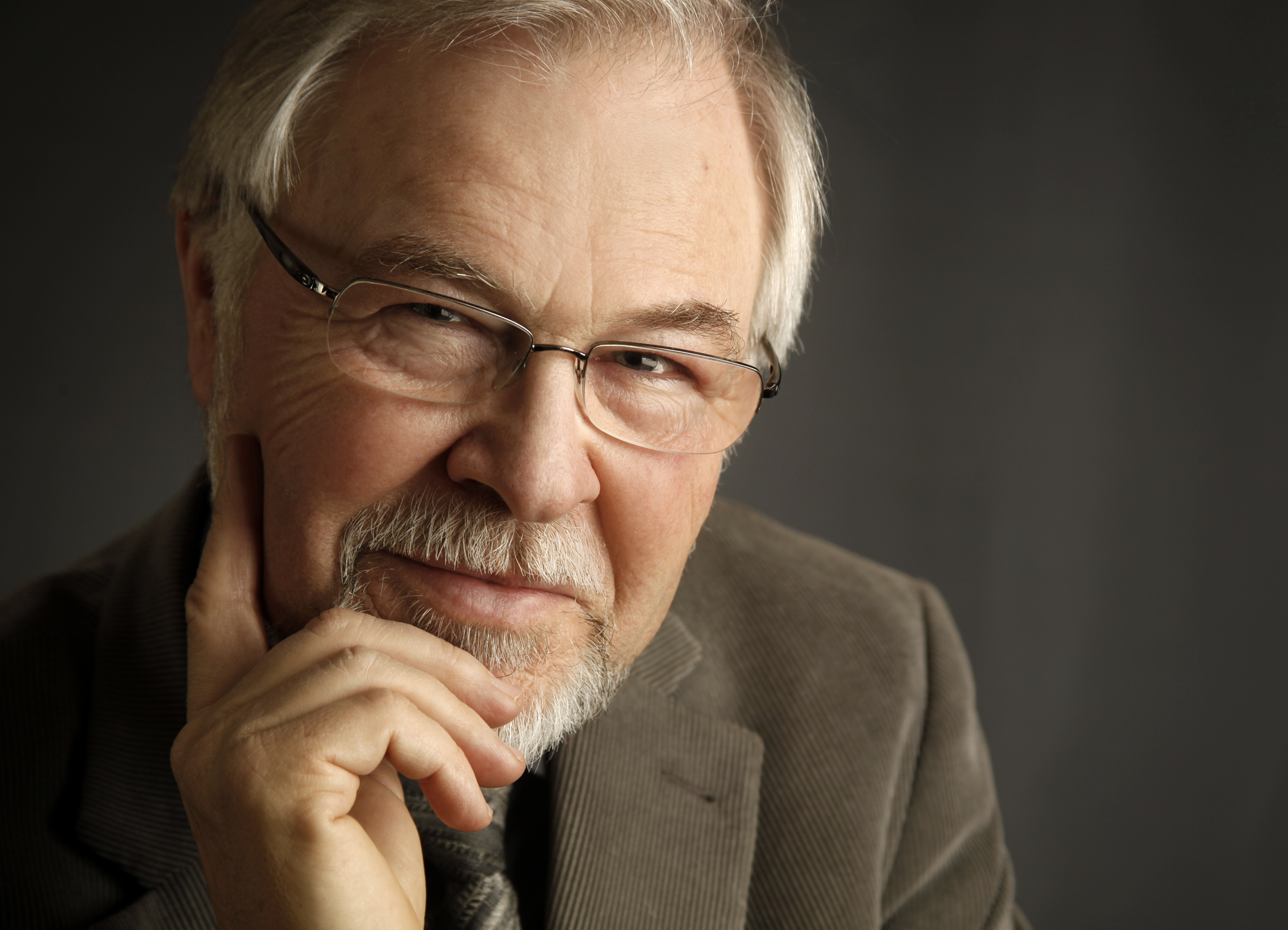In the framework of the Moscow Mechanism under the Human Dimension of OSCE, Professors Wolfgang Benedek, Marco Sassòli and Veronika Bílková together with their respective teams worked on compiling a report on the situation in Ukraine since 15 March 2022. Specifically, in relation to the Russian invasion in Ukraine, the Mission’s mandate was to
- "Establish the facts and circumstances surrounding possible contraventions of OSCE commitments, and violations and abuses of international human rights law and international humanitarian law
- Establish the facts and circumstances of possible cases of war crimes and crimes against humanity, including due to deliberate and indiscriminate attacks against civilians and civilian infrastructure; and to collect, consolidate, and analyse this information with a view to presenting it to relevant accountability mechanisms, as well as national, regional, or international courts or tribunals that have, or may in future have, jurisdiction.”
The Experts finished their work within three weeks, and less than one month after their appointment, their findings could be published. On 13 April 2022, the Mission reported their findings to the OSCE Permanent Council. The experts herein state that "violations occurred on the Ukrainian as well as on the Russian side”, but noted that the “violations committed by the Russian Federation […] are by far larger in nature and scale." The experts found “clear patterns of IHL violations by the Russian forces on many of the issues investigated”. They further state that “it is not conceivable that so many civilians would have been killed and injured and so many civilian objects, including houses, hospitals, cultural property, schools, multi-story residential buildings, administrative buildings, penitentiary institutions, police stations, water stations and electricity systems would have been damaged or destroyed if Russia had respected its IHL obligations in terms of distinction, proportionality and precautions in conducting hostilities in Ukraine.”
The report was well-received among the OSCE Member States (see, e.g., here and here) as well as among the media (resulting in extensive coverage, see, e.g., here, here and here). The whole team of the UNI-ETC congratulates Wolfgang Benedek, Marco Sassòli and Veronika Bílková on their expeditious and detailed analysis of the situation in Ukraine. Mission Chair Wolfgang Benedek expresses his gratitude to the members of his team (Svitlana Andreichenko, Gregor Fischer-Lessiak and Inga Zelena) who were essential in the compilation of the report.
The full report can be downloaded here.
A concise summary authored by the Experts can be found at EJIL:Talk here.
